




Author: Dr. Garima Biswas
WOMEN HEALTH 0
Constipation is a common ailment found among different people of all ages. Constipation is infrequent or difficult bowel movements, with hard, dry stools. While infrequent constipation is normal now and then, chronic constipation can greatly impact the quality of life of the affected person.
Constipation carries a lot of misconceptions. Some believe that for a person to be healthy, he has to pass stool every day, but in reality, bowel habits differ widely in all people affected by constipation. Constipation can affect people of all ages, predominating among the elderly, especially females.
Deficiencies in fiber are common causes, but others, such as dehydration, stress, medications, and even some underlying medical conditions, will also contribute to the development of such conditions in people. Constipation is what it means, and it will also explain what causes constipation, symptoms of constipation, and constipation treatments.
Understanding Constipation
Constipation is a condition that impacts millions of individuals across the globe, rendering bowel movements infrequent, hard, or painful. Though it is regarded as a trivial issue, chronic constipation has a major impact on daily functioning and general well-being. There are numerous causes of constipation, such as diet, hydration, exercise, and underlying illness.
To better understand constipation, it's necessary to first know how digestion is done, what occurs when the movement of stool becomes slower, and how long constipation usually lasts.
How does Digestion work?
Digestion starts in the mouth, where food is shredded into tiny fragments. It proceeds to the esophagus and then to the stomach, where stomach enzymes and acids break it down further. The small intestine absorbs the nutrients, whereas the large intestine (colon) absorbs water and creates stool. The stool is then held in the rectum until it is pushed out of the anus.
What Happens in Constipation?
In constipation, the stool travels too slowly through the colon to permit excess water absorption. This results in hard, dry stools that are hard to pass. Slowed stool movement, poor fiber intake, dehydration, and physical inactivity can cause constipation.
How Long Does Constipation Last?
Constipation lasts anywhere from several days to a few weeks based on the etiology and treatment. Acute constipation tends to be of shorter duration, while chronic constipation lasts weeks to months.
Symptoms of Constipation
Constipation can present with a range of uncomfortable symptoms that affect digestion and overall well-being. While occasional constipation is common, persistent symptoms may indicate an underlying issue. Recognizing the signs early can help in managing the condition effectively. Here are some key symptoms to watch for:
-
Infrequent bowel movements (less than three times a week).
-
Hard, dry, or lumpy stools.
-
Straining or pain during bowel movements.
-
Feeling of incomplete evacuation.
-
Bloating, discomfort, or cramps.
-
Presence of mucus or blood in stool (in severe cases).
If you experience persistent symptoms, consult a healthcare professional.
What Causes Constipation?
Constipation can result from a variety of factors, ranging from diet and lifestyle choices to underlying medical conditions. While inadequate fiber intake and dehydration are common causes, other factors like stress, hormonal changes, and certain medications can also contribute. Understanding these causes can help in preventing and managing constipation effectively. Below are some key factors that may lead to constipation:
Dietary Factors
-
Low fiber intake.
-
Inadequate hydration.
-
Excessive consumption of processed foods.
Lifestyle Factors
-
Lack of physical activity.
-
Ignoring the urge to go to the bathroom.
Medical Conditions
-
Irritable Bowel Syndrome (IBS).
-
Hypothyroidism.
-
Diabetes.
-
Neurological disorders (e.g., Parkinson’s disease, stroke).
Medications
-
Painkillers (opioids).
-
Antidepressants.
-
Iron supplements and antacids.
Psychological Factors
-
Stress, anxiety, and depression affect gut health.
Pregnancy & Hormonal Changes
-
Hormonal fluctuations can slow digestion.
For pregnant women, constipation is common. Learn more about Pregnancy & Postpartum Rehabilitation.
Types of Constipation
Constipation is not a one-size-fits-all condition; it can vary in severity and duration. While some cases are temporary and resolve quickly, others persist for weeks or months, requiring medical intervention. Understanding the different types of constipation can help in identifying the best treatment approach. Below are the main types of constipation:
-
Acute Constipation: Short-term, often caused by diet changes or dehydration.
-
Chronic Constipation: Long-term, lasting weeks or months, requiring medical attention.
-
Functional Constipation: No underlying medical issue, but slow bowel transit.
-
Secondary Constipation: Caused by medications or medical conditions.
Diagnosis of Constipation
Diagnosing constipation involves a thorough evaluation of symptoms, medical history, and physical examination. While occasional constipation may not require medical attention, persistent or severe cases might need further testing to identify underlying causes. Healthcare professionals use various diagnostic tools, including physical exams, lab tests, and imaging studies, to determine the best course of treatment. Here’s how constipation is typically diagnosed:
Medical Evaluation
-
Review of medical history and symptoms.
-
Physical examination, including abdominal and rectal exams.
Diagnostic Tests
-
Digital rectal exam: This checks for blockages or muscle function issues.
-
Lab tests: Blood tests to detect thyroid disorders or other health issues.
-
Imaging tests: X-rays or colonoscopy for severe or chronic constipation.
If you have persistent constipation, consult a specialist. Physiotherapy Services can help manage chronic digestive issues.
Treatment & Management of Constipation
Managing constipation effectively requires a combination of lifestyle changes, medical treatments, and natural remedies. While increasing fiber intake, staying hydrated, and exercising regularly can help improve bowel movements, some cases may require medications or alternative therapies. Understanding the available treatment options can help in choosing the right approach based on the severity and cause of constipation. Here are some key ways to manage and treat constipation:
A. Lifestyle & Dietary Changes
-
Increase fiber intake (fruits, vegetables, whole grains).
-
Stay hydrated by drinking enough water.
-
Engage in regular physical activity (walking, yoga, stretching).
-
Develop consistent bowel habits.
B. Medical & Over-the-Counter Treatments
-
Fiber supplements: Psyllium husk, methylcellulose.
-
Laxatives: Bulk-forming, stimulant, osmotic, stool softeners.
-
Prescription medications: For severe cases of chronic constipation.
C. Alternative & Natural Remedies
-
Probiotics: Improves gut health.
-
Herbal solutions: Flaxseeds, ginger tea.
-
Abdominal massage techniques: Stimulate bowel movements.
For chronic cases, Pelvic Pain Dysfunction therapy can be beneficial.
Complications of Untreated Constipation
If left untreated, constipation can lead to several complications that cause discomfort and impact overall health. Straining during bowel movements can result in issues like hemorrhoids, anal fissures, and even rectal prolapse. In severe cases, stool can become impacted, making natural elimination difficult. Addressing constipation early can help prevent these complications and maintain digestive health. Here are some potential risks of untreated constipation:
-
Hemorrhoids: Swollen veins around the anus due to excessive straining.
-
Anal fissures: Small tears in the rectum causing pain and bleeding.
-
Fecal impaction: Hardened stool stuck in the colon.
-
Rectal prolapse: The rectum pushes out of the anus due to chronic straining.
Ignoring constipation can lead to severe health issues, so timely management is essential.
Prevention of Constipation
Preventing constipation is often easier than treating it. Simple lifestyle changes, such as maintaining a fiber-rich diet, staying hydrated, and staying active, can promote regular bowel movements. Additionally, managing stress and limiting processed foods can further support digestive health. By adopting these healthy habits, you can reduce the risk of constipation and improve your overall well-being. Here are some key prevention strategies:
-
Eat a balanced diet with fiber-rich foods.
-
Drink enough fluids daily.
-
Engage in regular exercise and movement.
-
Avoid excessive processed foods.
-
Manage stress and mental health.
Conclusion
Maintaining digestive health is crucial for overall well-being. Constipation, though common, should not be ignored if it becomes chronic or severe. Simple lifestyle changes, dietary adjustments, and physiotherapy interventions can help manage and prevent constipation effectively. If symptoms persist, seeking medical help is advised.
Frequently Asked Questions
Eat a high-fiber diet.
Drink plenty of water.
Exercise regularly.
By following a healthy lifestyle, you can prevent and manage constipation effectively. If you experience persistent symptoms, consult a healthcare professional.




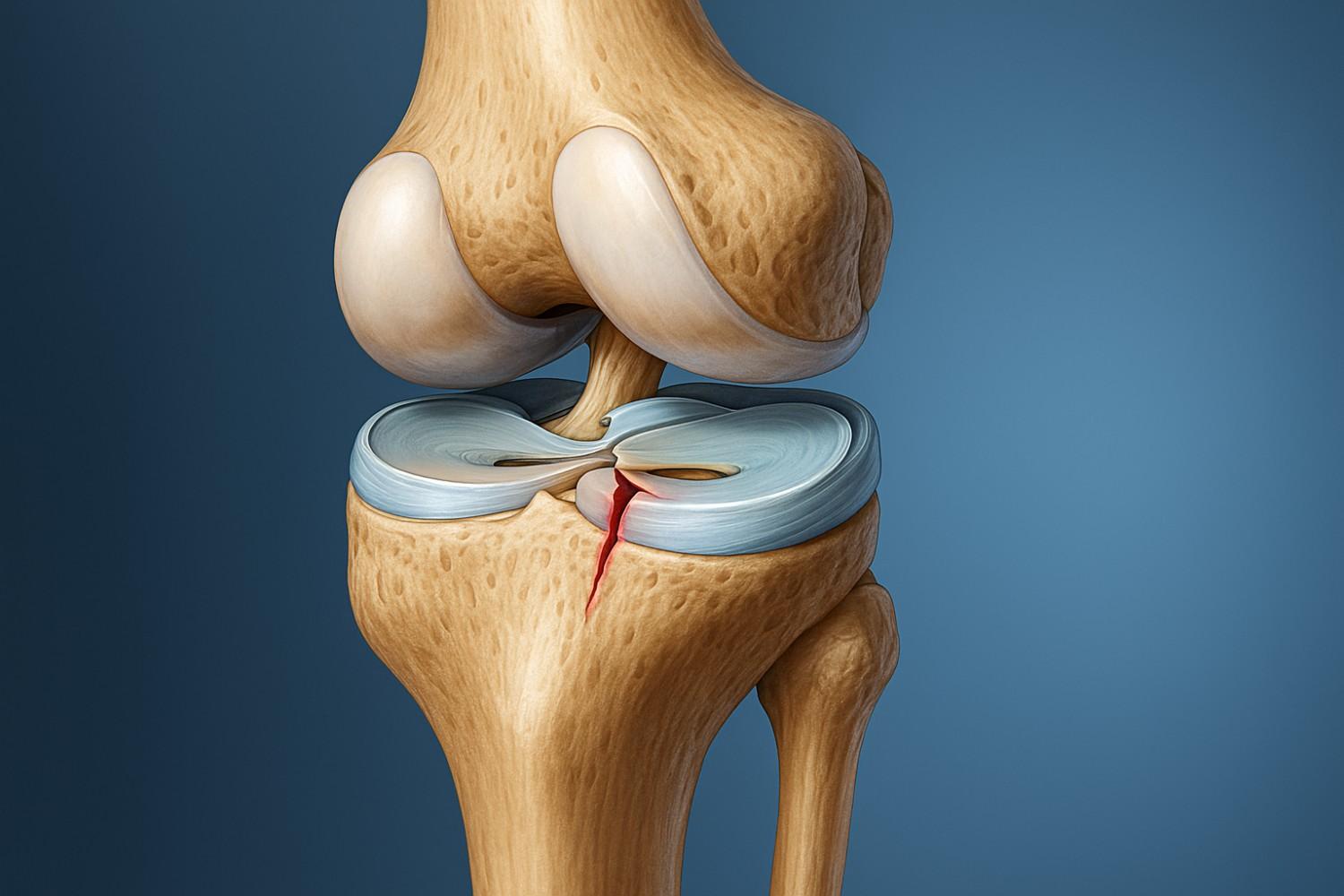
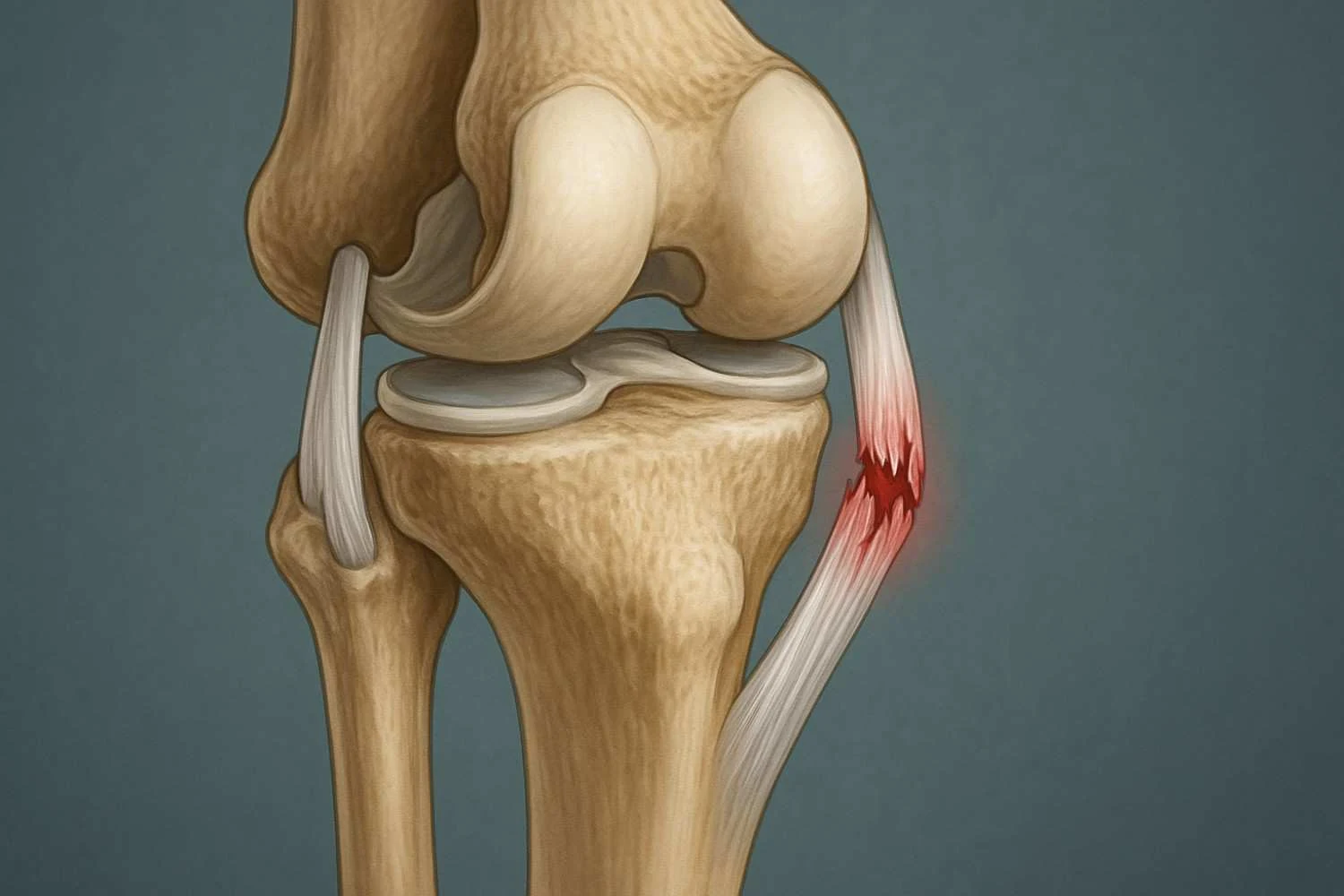
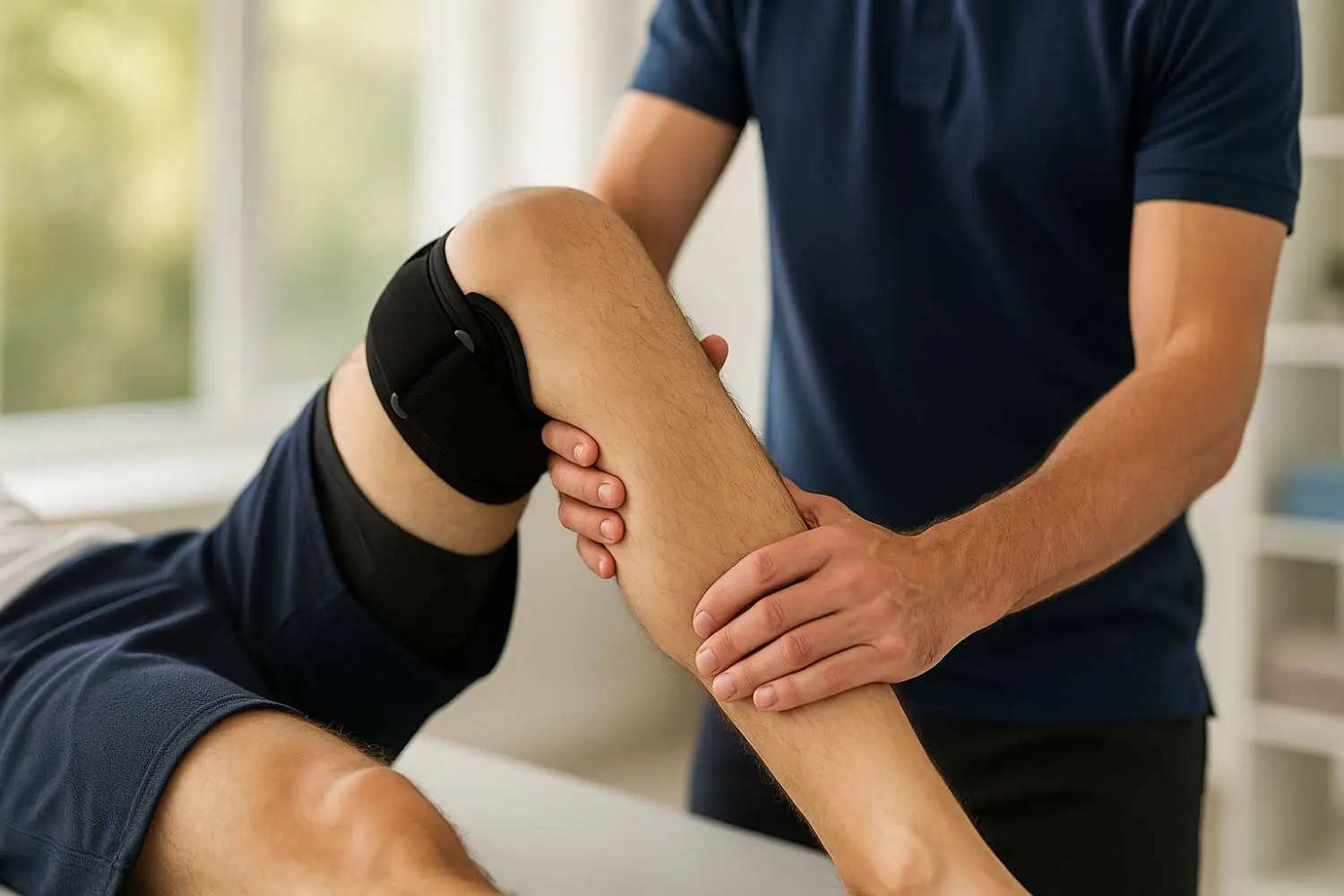
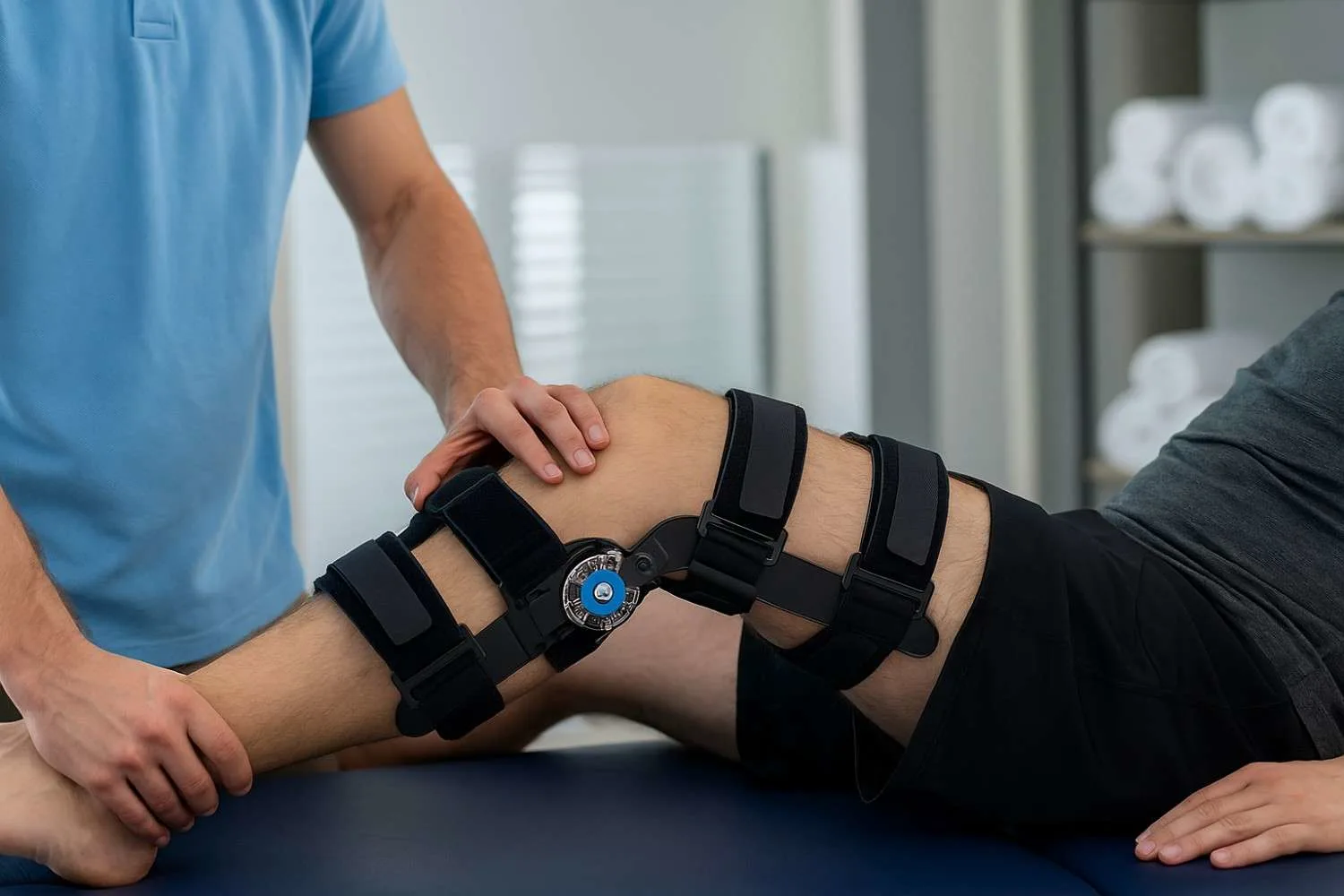
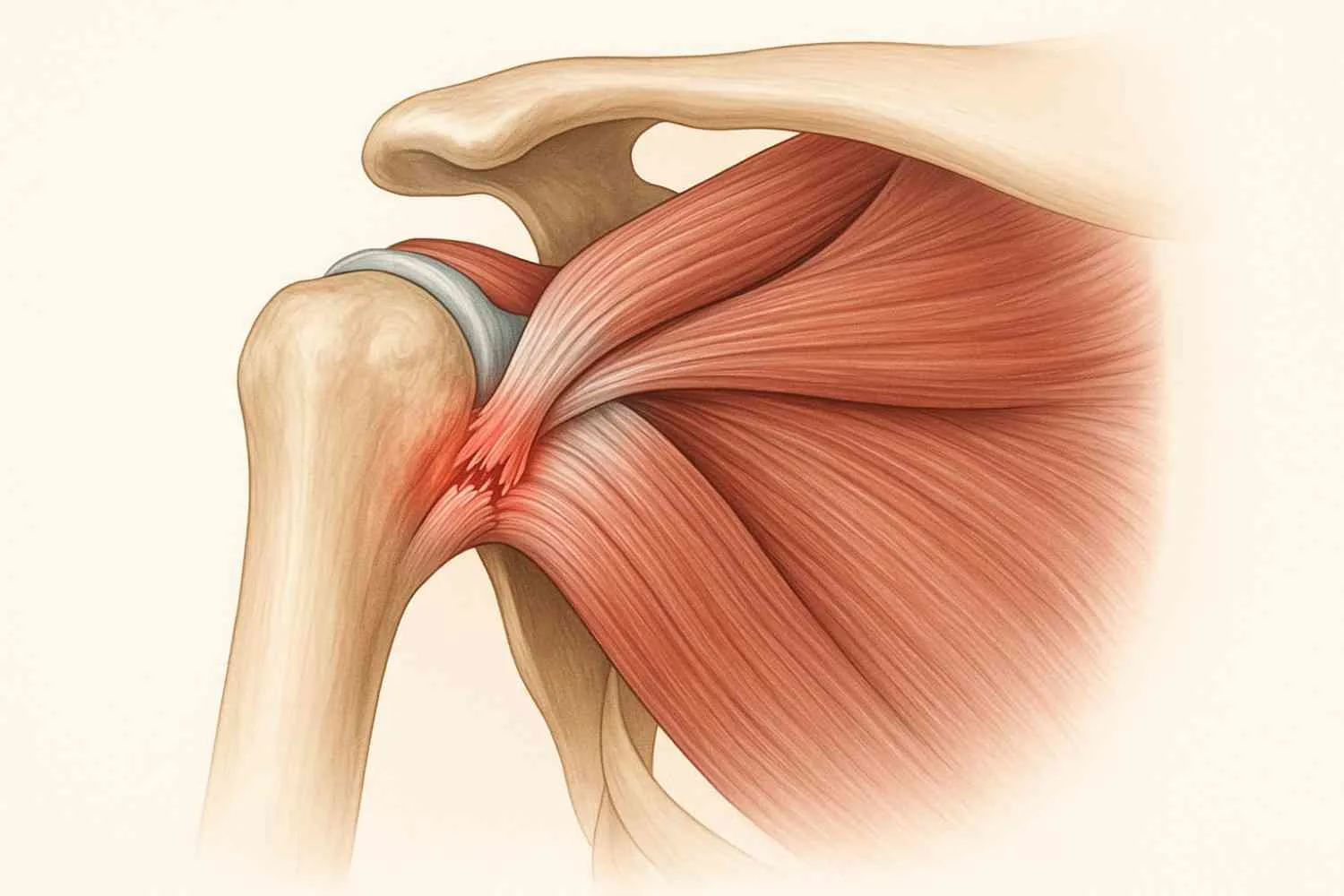
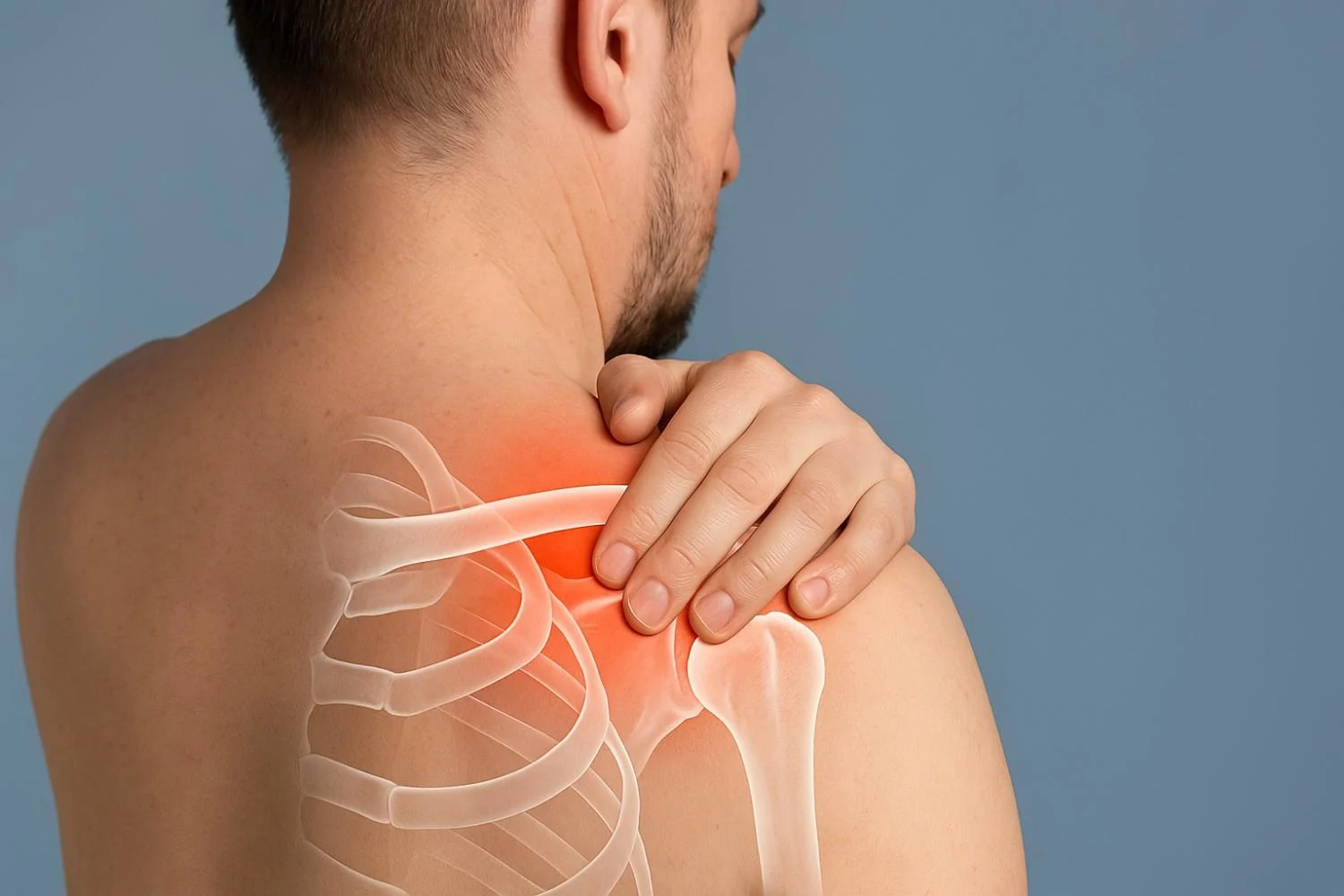



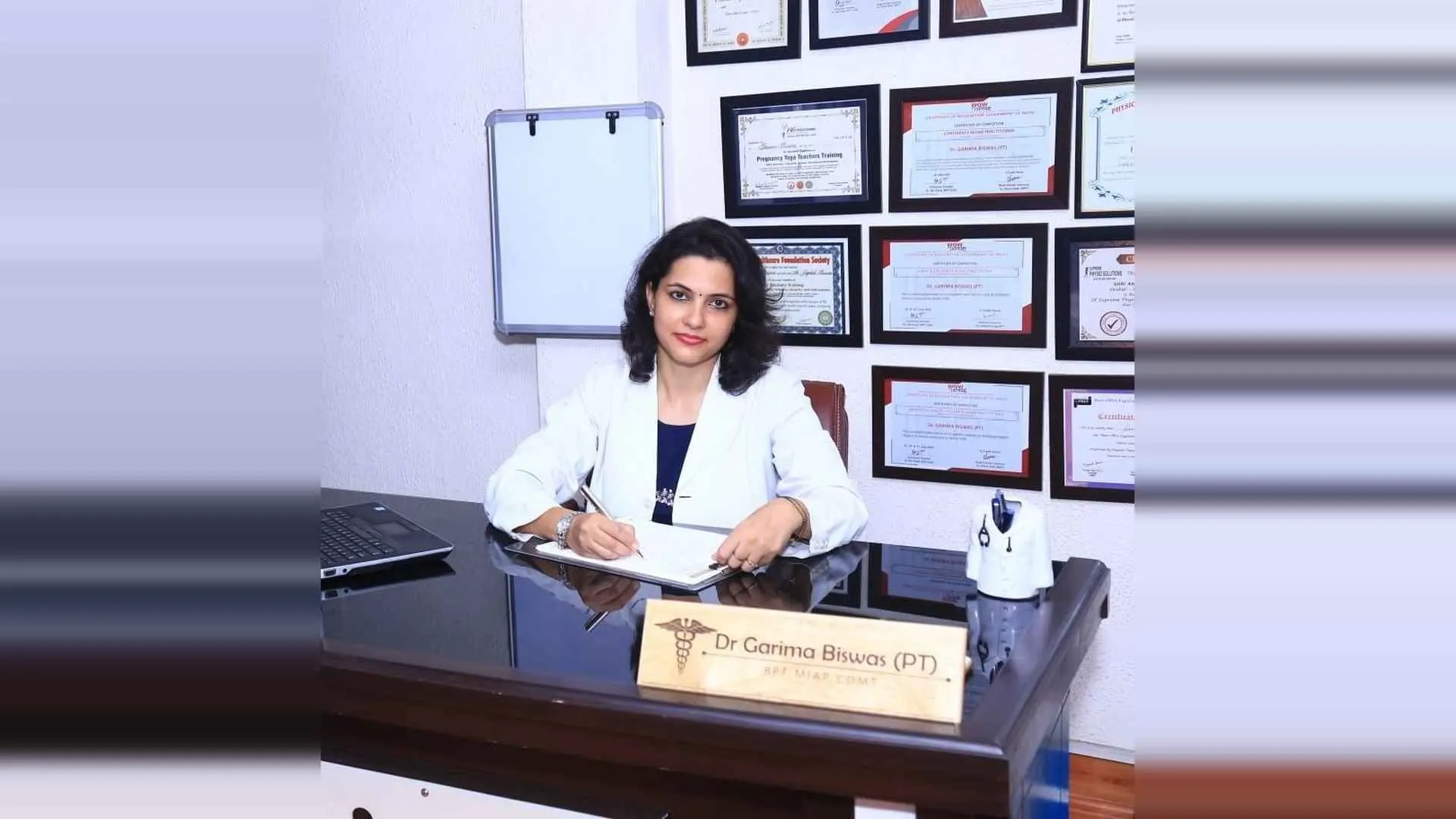
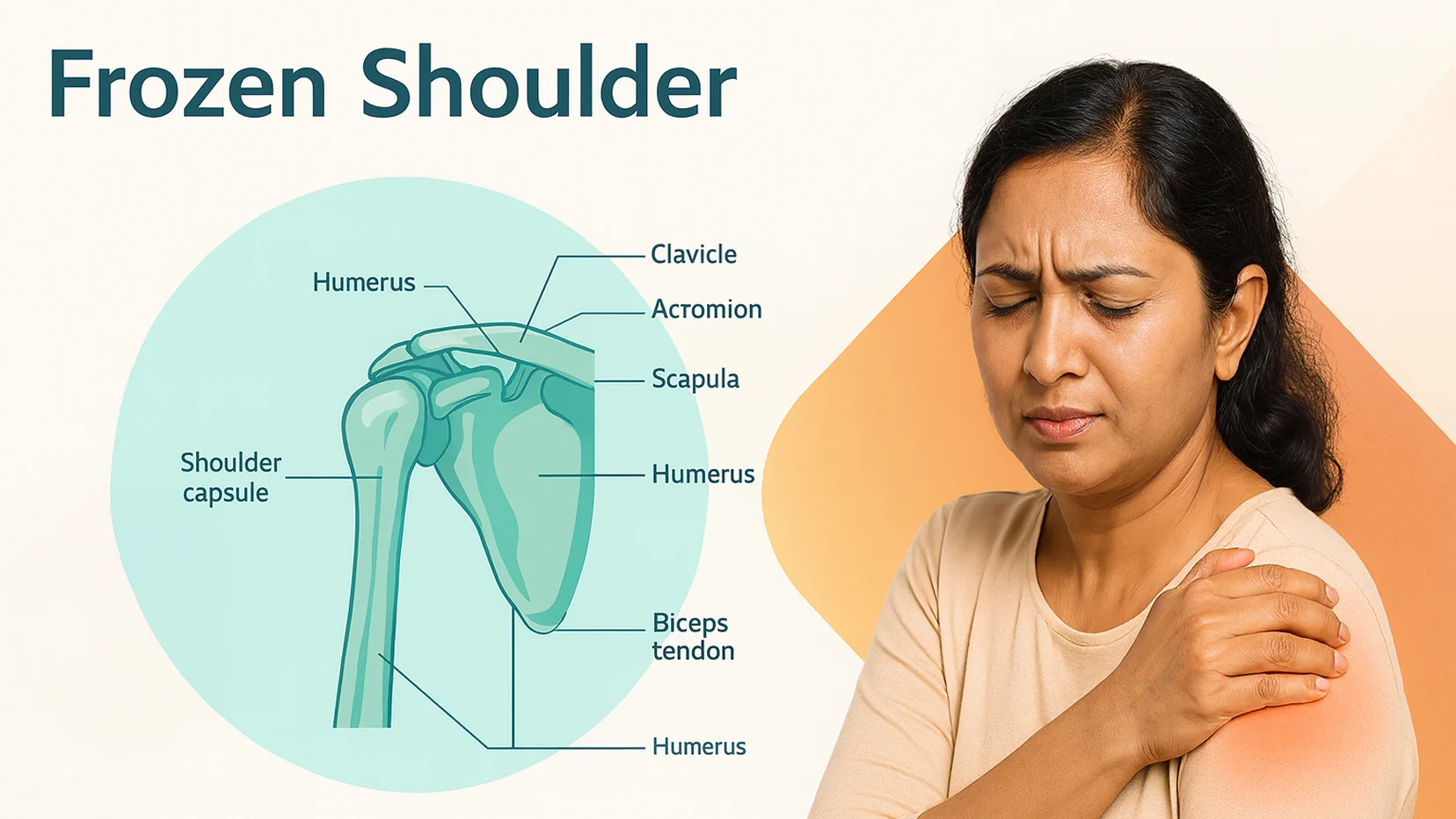



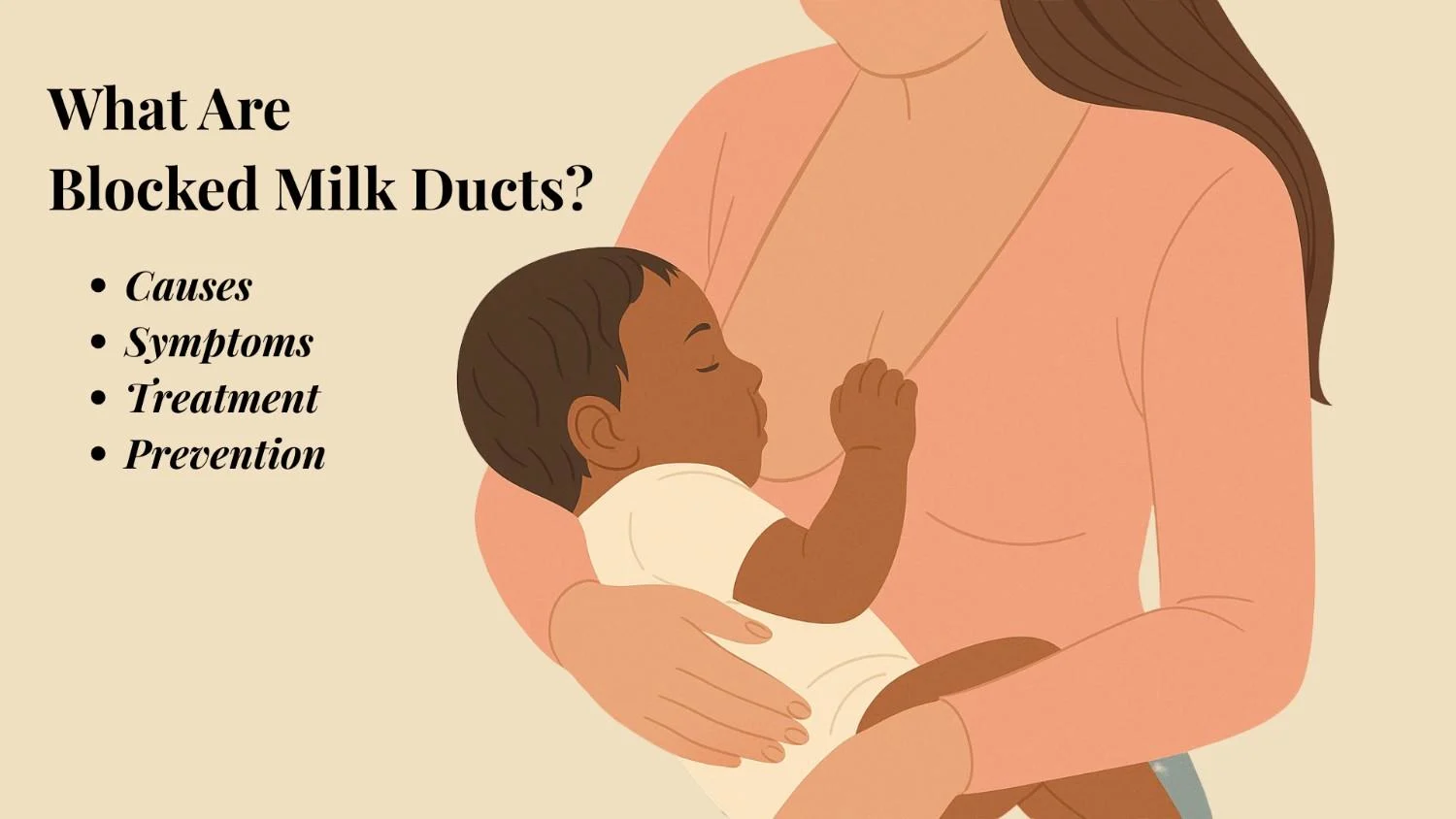
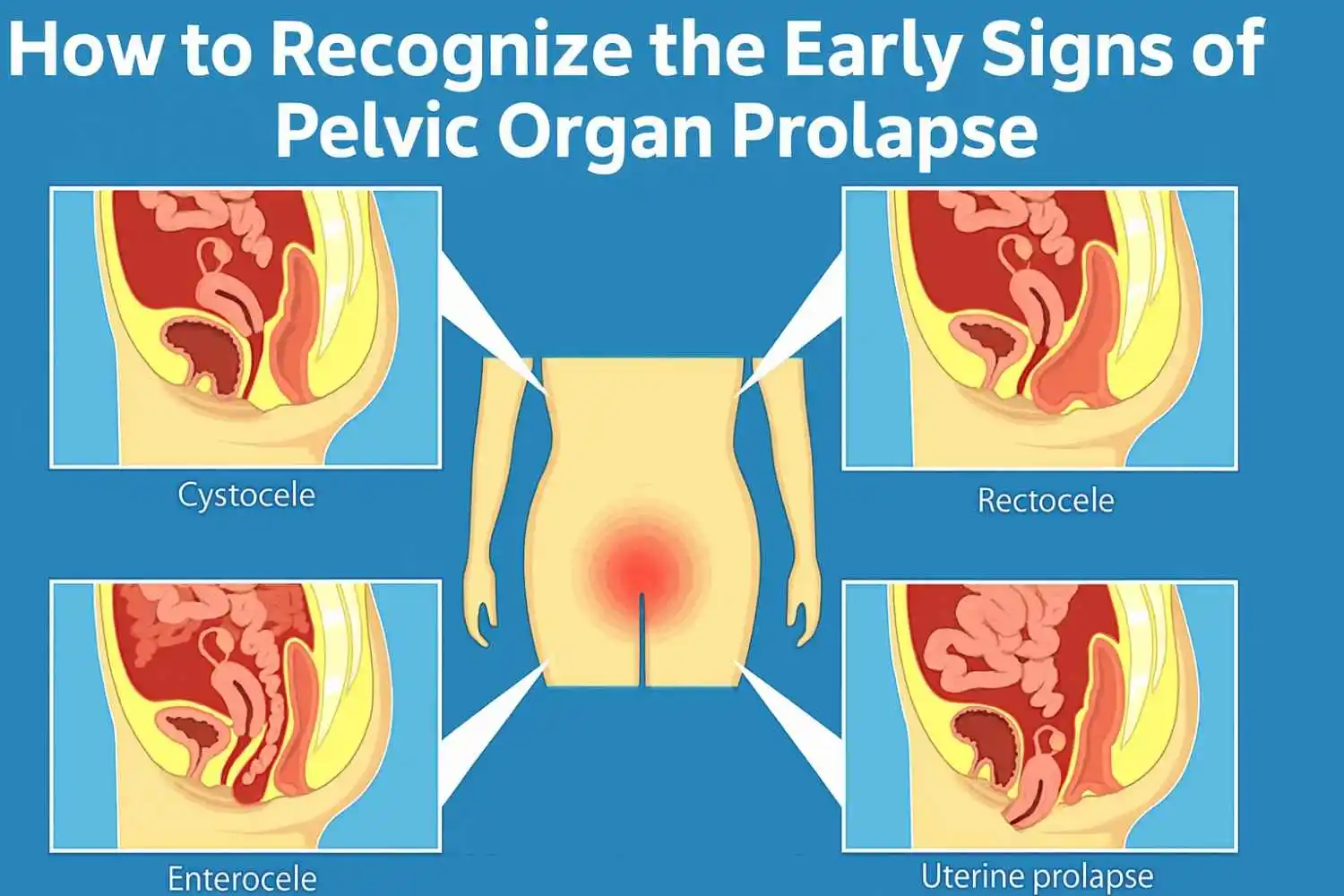
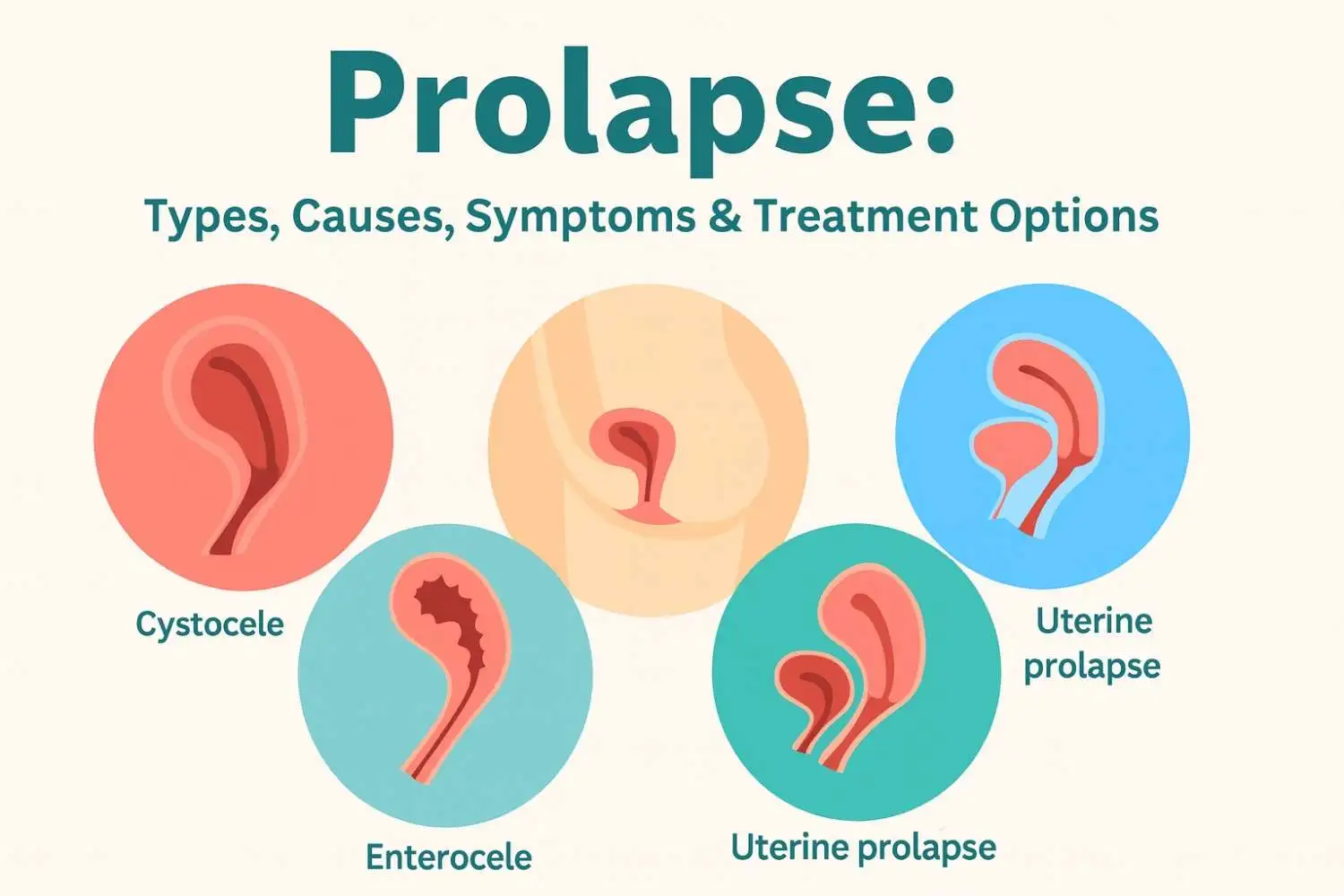









.webp)





.jpg)

































